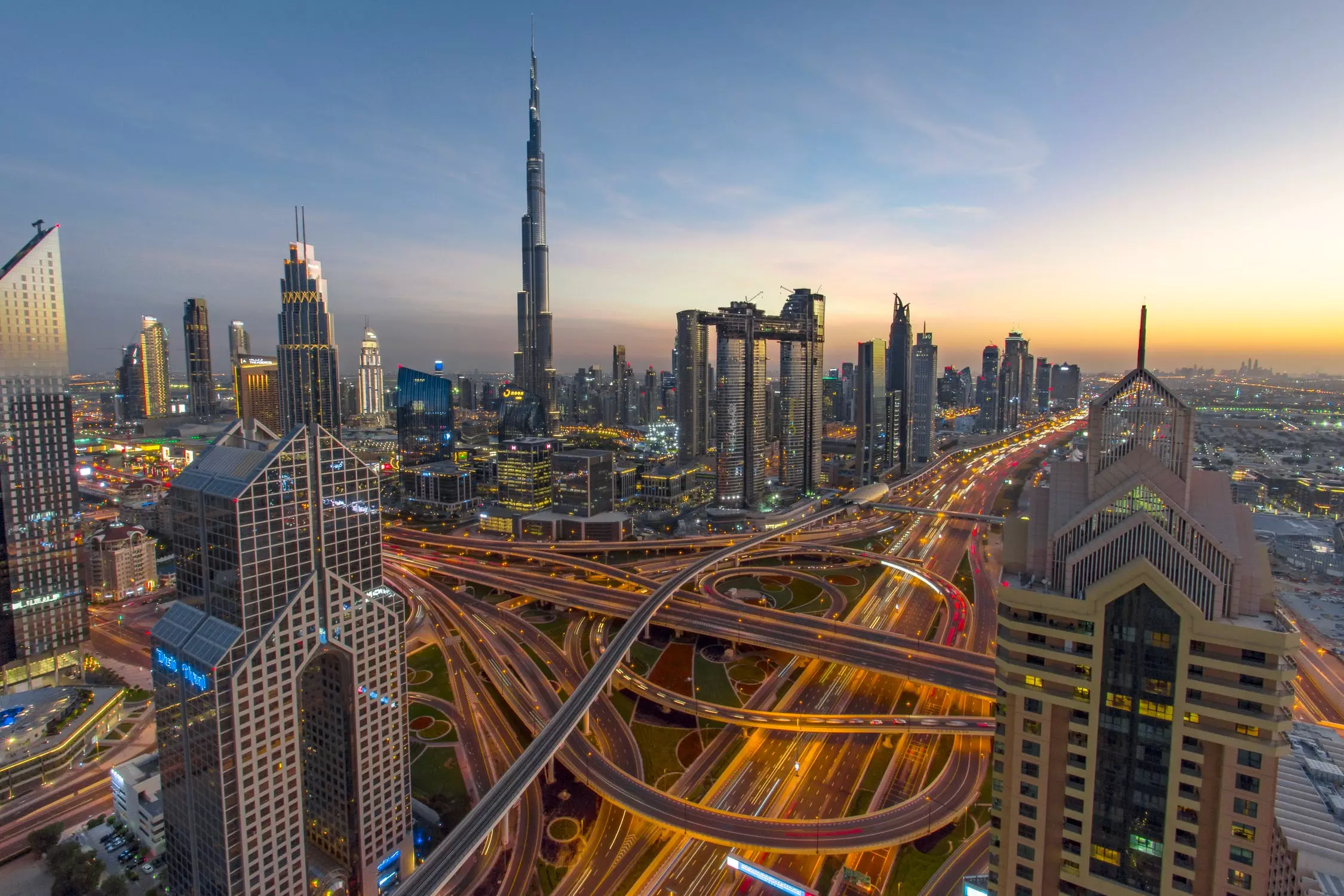A smart city is a novel solution to make efficient use of natural resources, improve the citizens’ standard of living, and also achieve economic development. However, to achieve success, challenges for smart cities should be addressed first.
For quite a while now, smart cities have been among the dominant topics in newsrooms and media. Making cities smart, connected, and resilient has been the mission of developed and developing countries worldwide. By using digital technologies, city functions are streamlined and optimized while keeping negative ecological impact to a minimum. Along with this, smart cities boost financial gains and improve the citizen’s quality of life. The government, tech experts, and city planners are collaboratively working to transform this ambitious idea into reality. Along with citizen awareness programs, governments are adopting smart governance by leveraging digital technologies to implement good governance principles. Besides, the policymakers are enforcing new policies and procedures to ensure quick development of the city. However, despite all these efforts, we haven’t really achieved much. That’s because there are certain challenges for smart cities that are yet to be addressed. Before any other initiative, the issues that have been hindering smart city success should be first considered and fixed.
Insufficient Funds
A report by SmartCitiesWorld reveals that funding is the biggest challenge to implementing a smart city strategy. Making cities smart means deploying smart, complex infrastructure for implementing digital technologies. Besides, tons and tons of smart devices have to be integrated for data collection. In addition, to ensure smart city success, governments have to hire enough tech experts and city planners. Further, network requirements have to be rightly met. Moreover, the hardware installed has to be audited frequently for maintenance. All of these eat up a lot of money. Governments should consider devising a strategy to create appropriate revenue models for their smart city initiatives.
Lack of Experienced Professionals
Another most-pressing challenge for smart cities is the lack of skilled professionals. For preparing a strategy to achieve smart city project success, identifying areas for implementation of technologies, and operating these tools, tech experts are required. The government and the concerned stakeholders should take the count of professionals required and hire them before they start with their project plans.
Inconsistent Network Connectivity
For the smart management of a municipality, several sensors, cameras, and actuators are installed everywhere. These sensors gather and send large volumes of data in real time. Analysis and processing of the collected data should happen almost instantaneously for efficient management of city operations. And for instant processing, high-speed Internet connectivity is mandatory. Currently, 4G mobile coverage systems are available, which aren't effective enough for high-speed data transfer. This issue should, therefore, be mandatorily taken into account.
Cybersecurity Risks
Smart city devices are estimated to top 1 billion units by 2025, according to the IHS report. These Internet-connected devices will transmit huge chunks of data in real time. Though this data help in providing efficiency at municipality functions, it presents serious security risks that can't be ignored. Data from parking lots, CCTV cameras, EV charging stations, and GPS systems contains confidential information of citizens. Not every connected device is cyber-resilient, as of now. If that’s the case, criminals can easily gain access to the data and use it for illegal intent. Hence, governments and IT professionals should strengthen the security borders of smart devices and the supporting infrastructure.
Identifying and solving the challenges for smart cities is a collaborative approach. Not only governments but also IT specialists, private organizations, and citizens should come together to work for a common goal - smart city success.




Leave your comments
Post comment as a guest